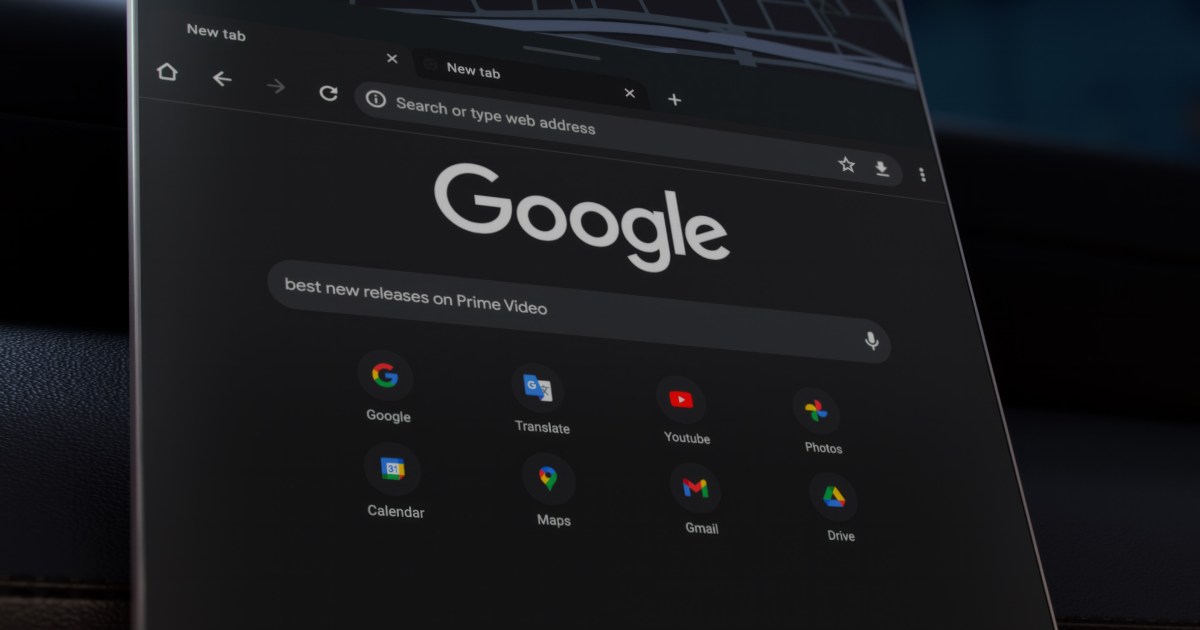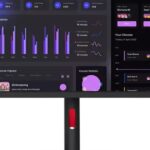Google is testing a new feature in Chrome Canary, the experimental version of the Chrome browser. As reported by TechRadar, the “PermissionsAI” feature is designed to deal with pop-ups from websites asking you to share your location or consent to notifications.
According to Chromium, the tool will use Google’s “Permission Predictions Service” and Gemini Nano v2 to analyze users’ previous responses to pop-ups and guess how they will respond to new ones. If you’re likely to decline, the feature will block the annoying pop-up that appears in the middle of your screen and instead hide it away in a corner in case you need it later.
As with all AI-powered features, accuracy is everything. In a perfect situation, it certainly would be useful to avoid website pop-ups — especially on mobile where the banners take up half of the screen. On the other hand, if it accidentally hides away important pop-ups and you miss them, it will cause more trouble than it’s worth.
It seems the tool will only make a move if it decides you’re likely to deny a request — which, on the bright side, means you won’t have an AI accidentally agreeing to notifications on your behalf — but it also means you’re left to deal with other pop-ups as normal. The problem with this is that pop-ups are still annoying even when you’re saying yes to them. They’re too big, too noisy, and too distracting in just about every situation.
It would probably be more useful if Google moved them to a smaller, less intrusive UI even when it thinks you’ll say yes. As long as they’re kept in the same place every time, we’ll know exactly where to look to check for popups and exactly where to go if we realize we need to turn on location sharing. As for notifications, I doubt people change their minds about those very often anyway.
Since the feature is just being tested right now, it’s not available to the public yet and we’re not sure when this will change. Hopefully, the company will take all the time it needs to get the feature ready before releasing it.
Read the full article here














